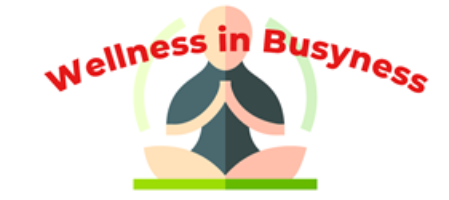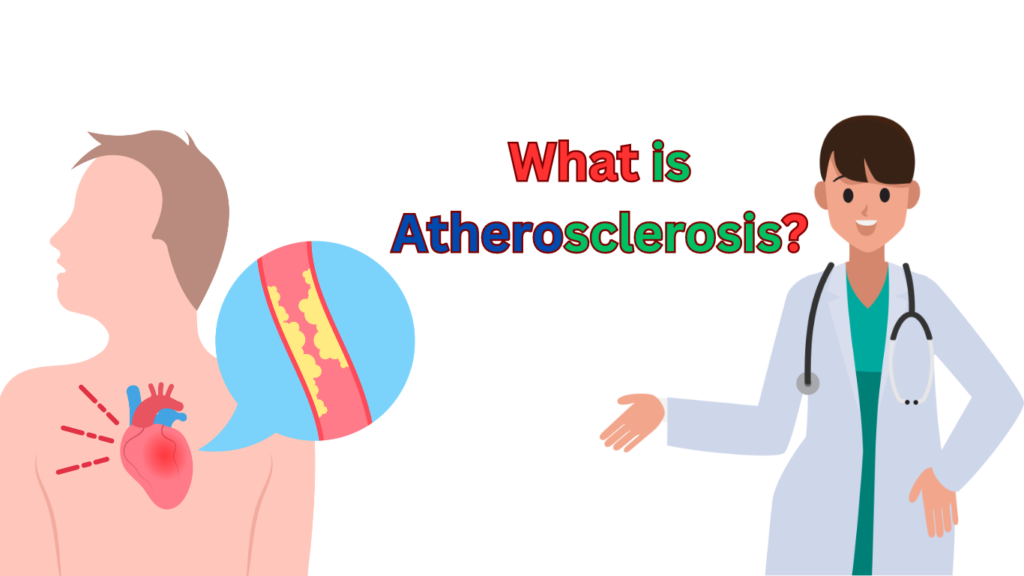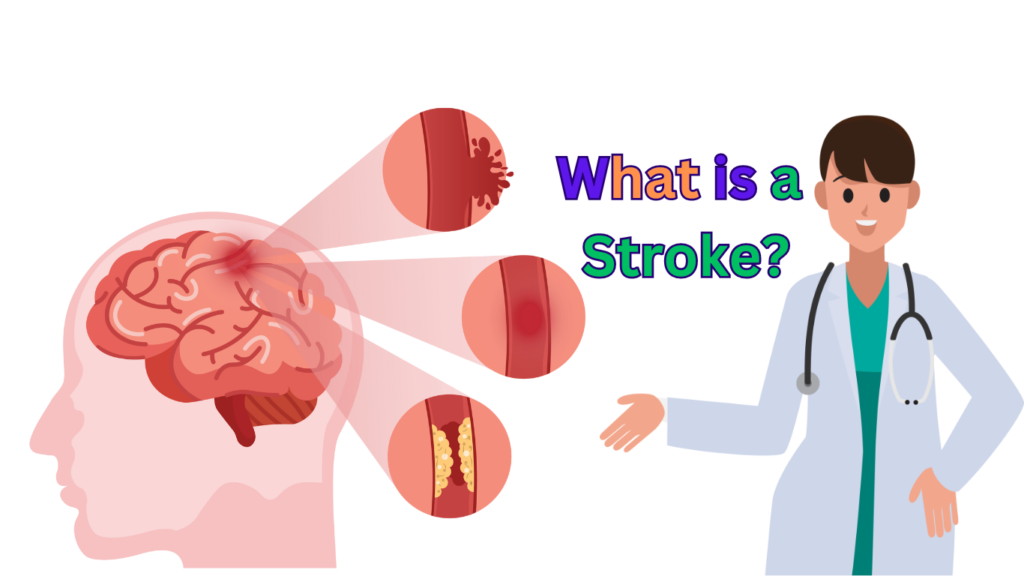This comprehensive guide will teach you how to manage high blood pressure effectively. Explore its causes, symptoms, and the most effective treatments for this widespread condition.
Table of Contents
What is High Blood Pressure?
High blood pressure, or hypertension, is a chronic condition where the force of blood against the arterial walls remains consistently high. It’s often called the “silent killer” because it usually has no symptoms but can lead to severe complications such as heart attacks, strokes, and kidney failure. Globally, hypertension is a leading contributor to premature death, with nearly 1 in 3 adults affected, according to the World Health Organization (WHO). This guide explores its causes, types, symptoms, and preventive measures.
Understanding Blood Pressure Measurement
Blood pressure readings involve two critical numbers:
Systolic Pressure: This measures the pressure when the heart contracts and pumps blood into the arteries. A higher systolic reading indicates increased stress on the arteries.
Diastolic Pressure: This measures the pressure when the heart is at rest. It reflects the baseline pressure within arteries between heartbeats.
Blood Pressure Classification
The table below illustrates how blood pressure categories are classified:
| Category | Systolic (mm Hg) | Diastolic (mm Hg) |
| Normal | <120 | <80 |
| Elevated | 120 – 129 | <80 |
| Stage 1 Hypertension | 130 – 139 | 80 – 89 |
| Stage 2 Hypertension | >=140 | >=90 |
Types of Hypertensions
Primary (Essential) Hypertension
- It stems from a combination of genetic, lifestyle, and environmental factors. Poor dietary habits, sedentary lifestyles, and age-related arterial stiffness contribute to its progression.
- Managing this type requires a holistic approach, including lifestyle modifications and, sometimes, medications.
Secondary Hypertension
This type of hypertension results from identifiable medical conditions, such as:
- Kidney Disorders: Conditions like chronic kidney disease interfere with fluid regulation, causing blood pressure to rise.
- Endocrine Issues: Disorders like hyperthyroidism or Cushing’s syndrome can elevate blood pressure through hormonal imbalances.
- Medication Side Effects: Certain drugs, such as corticosteroids or oral contraceptives, may lead to higher blood pressure levels.
Secondary hypertension is often reversible once the underlying cause is addressed.
Causes of High Blood Pressure: Uncovering the Risk Factors
High blood pressure, also known as hypertension, comes from many factors. It’s a serious issue that can cause heart disease and stroke. Here’s what causes it:
Lifestyle-Related Causes
Our daily habits can hurt our heart. Eating too much salt and not enough potassium can raise blood pressure. Not moving enough makes the heart work harder. Smoking and drinking too much alcohol also harm the heart and blood vessels.
Stress can make blood pressure go up and lead to unhealthy habits like eating too much.
- Unhealthy Diet: Eating too much salt and not enough potassium can raise blood pressure. Foods high in salt and sugar are big culprits.
- Physical Inactivity: Not exercising weakens the heart, making it harder to pump blood, which raises blood pressure.
- Smoking and Alcohol: Smoking narrows arteries and raises pressure levels. Drinking too much alcohol can also harm the heart over time.
- Chronic Stress: Long-term stress can cause blood pressure spikes and lead to unhealthy habits like overeating or drinking.
Health and Genetic Factors
Health and genetics also play a big role in high blood pressure. Conditions like diabetes and kidney disease can make it hard to control blood pressure. If your family has high blood pressure, you’re more likely to get it too. Being overweight also strains the heart and blood vessels.
- Obesity: Extra body weight puts more strain on the heart and blood vessels, increasing the risk of hypertension.
- Medical Conditions: Diabetes, kidney disease, and hormonal disorders like thyroid problems can elevate blood pressure.
- Family History: Genetics play a role. If close relatives have hypertension, the risk is higher.
Age and Environmental Factors
- Aging: As people age, arteries tend to harden, increasing blood pressure.
- Sleep Apnea: Interrupted breathing during sleep strains the cardiovascular system, leading to high blood pressure.
- Medications: Some drugs, such as decongestants and pain relievers, may raise blood pressure as a side effect.
Recognizing the Symptoms of High Blood Pressure
High blood pressure is often called the “silent killer” because it usually has no symptoms. But, in severe cases, you might notice:
- Headaches: Persistent or severe headaches may indicate a hypertensive crisis.
- Dizziness: Feeling lightheaded can result from elevated blood pressure.
- Blurred Vision: Vision issues may occur due to pressure on blood vessels in the eyes.
- Chest Pain or Shortness of Breath: These symptoms could signal hypertension-related complications.
- Nosebleeds: Though rare, they may occur during severe pressure spikes.
Why Hypertension is Called a Silent Killer?
Hypertension often goes unnoticed because it has no symptoms. But, in severe cases, people might notice:
- Persistent Headaches: This occurs due to increased pressure in the brain’s blood vessels.
- Nosebleeds: High pressure can cause fragile blood vessels to rupture.
- Vision Problems: Elevated pressure may damage the small vessels in the eyes, leading to blurry or impaired vision.
These symptoms usually indicate dangerously high levels and warrant immediate medical attention.
High Blood Pressure Treatment Options: From Medications to Lifestyle Changes
High blood pressure treatment involves medications and lifestyle changes. Medications like diuretics and ACE inhibitors help lower pressure. Changes such as a healthy diet, exercise, and stress management are key. Reducing salt intake, quitting smoking, and limiting alcohol also support blood pressure control. Each option will be discussed further below.
Lifestyle Changes to Lower High Blood Pressure Naturally
Adopting healthier lifestyle habits can be an effective way to lower high blood pressure without relying solely on medications. Here are several natural approaches that can help manage hypertension:
1. Adopt a Heart-Healthy Diet
- Reduce Sodium Intake: Cutting back on salt is crucial in controlling high blood pressure. Aim for less than 1,500 milligrams per day, especially for those with hypertension.
- Increase Potassium: Foods like bananas, sweet potatoes, and spinach are rich in potassium, which helps balance the effects of sodium and can lower blood pressure.
- DASH Diet: The Dietary Approaches to Stop Hypertension (DASH) diet is specifically designed to lower blood pressure by emphasizing fruits, vegetables, whole grains, and lean proteins.
2. Exercise Regularly
- Aerobic Exercise: Engaging in activities like walking, jogging, cycling, or swimming for 30 minutes most days of the week can help reduce blood pressure significantly.
- Strength Training: In addition to aerobic exercise, lifting weights a few times a week can also contribute to better blood pressure control.
3. Maintain a Healthy Weight
- Weight Loss: Losing even a small amount of weight can have a big impact on lowering blood pressure. A healthy body mass index (BMI) is essential for reducing hypertension risk.
4. Limit Alcohol and Caffeine
- Reduce Alcohol Consumption: Drinking alcohol in moderation or avoiding it altogether can help control blood pressure.
- Cut Back on Caffeine: Excessive caffeine can increase blood pressure. Consider limiting intake or avoiding caffeinated drinks.
5. Manage Stress Effectively
- Practice Relaxation Techniques: Deep breathing exercises, yoga, and mindfulness can reduce stress, which in turn lowers blood pressure.
- Adequate Sleep: Aim for 7-9 hours of quality sleep each night, as poor sleep can raise blood pressure over time.
6. Quit Smoking
- Stop Smoking: Every cigarette raises blood pressure temporarily. Quitting smoking improves overall heart health and lowers blood pressure in the long term.
Dietary Recommendations for Managing High Blood Pressure
A heart-healthy diet plays a crucial role in managing high blood pressure. Following specific dietary guidelines can help lower blood pressure and improve overall cardiovascular health. Here are key recommendations:
- Embrace the DASH Diet: The Dietary Approaches to Stop Hypertension (DASH) diet emphasizes fruits, vegetables, whole grains, lean protein, and low-fat dairy products while reducing saturated fat and cholesterol.
- Reduce Sodium Intake: Limit sodium to 1,500–2,300 mg per day. Avoid processed foods and opt for fresh or low-sodium alternatives.
- Increase Potassium: Foods rich in potassium, such as bananas, spinach, and potatoes, help balance sodium levels and relax blood vessels.
- Focus on Healthy Fats: Include sources of unsaturated fats like nuts, seeds, avocados, and olive oil. Limit trans and saturated fats.
- Stay Hydrated: Drink plenty of water to support overall health and blood pressure regulation
Table: Sample DASH Diet Meal Plan
| Meal | Food choices | Sodium (mg) | Potassium (mg) |
| Breakfast | Oatmeal with banana slices and almond milk | 150 | 500 |
| Snack | Unsalted almonds and a small apple | 0 | 300 |
| Lunch | Grilled chicken salad with mixed greens | 200 | 800 |
| Dinner | Baked salmon with steamed broccoli and quinoa | 250 | 1,200 |
| Total daily | Approx 600 | Approx 2,800 |
By adopting these dietary practices, individuals can effectively manage blood pressure and enhance heart health.
Monitoring and Managing High Blood Pressure at Home
Keeping track of your blood pressure at home is essential for effective management, especially if you have been diagnosed with hypertension or are at risk. Home monitoring helps detect trends, ensures treatment efficacy, and provides valuable data for healthcare providers.
Steps for Monitoring Blood Pressure
- Use a Reliable Monitor: Invest in a validated, automated upper-arm blood pressure monitor for accurate readings.
- Follow Proper Technique: Sit comfortably with your back supported, feet flat on the floor, and arm at heart level. Avoid caffeine, exercise, or smoking 30 minutes before measuring.
- Measure Consistently: Take readings at the same time daily, preferably in the morning and evening.
- Record Results: Keep a log of your readings to share with your doctor during appointments.
Tips for Managing Blood Pressure at Home
- Adopt a Healthy Lifestyle: Follow a low-sodium, heart-healthy diet like the DASH diet. Incorporate regular physical activity and maintain a healthy weight.
- Manage Stress: Practice relaxation techniques such as deep breathing, meditation, or yoga.
- Monitor Medications: Take prescribed medications consistently and monitor for side effects.
- Limit Harmful Habits: Avoid excessive alcohol and quit smoking.
Complications of Untreated High Blood Pressure
Failing to manage high blood pressure can lead to severe health problems. It affects various organs and systems. Chronic hypertension strains the heart, damages blood vessels, and disrupts organ function. Below are the critical complications:
- Heart Disease: High blood pressure increases the risk of heart attack, heart failure, and left ventricular hypertrophy (enlarged heart).
- Stroke: Elevated blood pressure can cause blood vessels in the brain to rupture or become blocked, leading to ischemic or hemorrhagic strokes.
- Kidney Damage: Hypertension harms the arteries in the kidneys, potentially causing chronic kidney disease or kidney failure.
- Eye Damage: Known as hypertensive retinopathy, it can result in vision loss or blindness.
- Aneurysms: Persistent high pressure can weaken artery walls, leading to potentially fatal aneurysms.
- Cognitive Decline: Hypertension increases the risk of dementia and mild cognitive impairment.
Table: High Blood Pressure Complications
| Organ/System | Potential Complications |
| Cardiovascular | Heart attack, heart failure, aneurysm |
| Brain | Stroke, dementia, cognitive decline |
| Kidneys | Chronic kidney disease, kidney failure |
| Eyes | Hypertensive retinopathy, vision loss |
| Peripheral Arteries | Reduced blood flow, pain, and possible limb loss |
Untreated hypertension is a silent threat that develops gradually but carries life-threatening risks. Early detection and effective management are crucial to preventing these complications.
Conclusion
High blood pressure, or hypertension, is a silent yet dangerous condition affecting millions globally. Understanding its causes, symptoms, and management strategies—such as lifestyle changes and medical interventions—can significantly reduce risks. Early detection and consistent monitoring are vital to preventing severe complications, ensuring better heart health, and improving overall well-being.
FAQ (Frequently Asked Questions)
Q. What are the main symptoms of high blood pressure?
A. High blood pressure usually has no symptoms. In rare cases, severe hypertension may cause headaches, nosebleeds, or dizziness.
Q. Can hypertension be cured?
Hypertension cannot typically be cured, but it can be effectively managed with lifestyle changes and medication. Secondary hypertension may improve if the underlying cause is treated.
Q. How does diet affect blood pressure?
A. High sodium intake raises blood pressure. Foods rich in potassium help lower it. A balanced diet, like the DASH plan, reduces hypertension risk.
Q. What is the difference between systolic and diastolic blood pressure?
Systolic pressure measures the force during heartbeats. Diastolic pressure measures it when the heart is at rest. Both are vital for diagnosing hypertension.
Q. How can blood pressure be monitored at home?
A. Use an automated arm-cuff monitor. Sit calmly for 5 minutes before measuring. Track readings consistently for accuracy and treatment monitoring.



